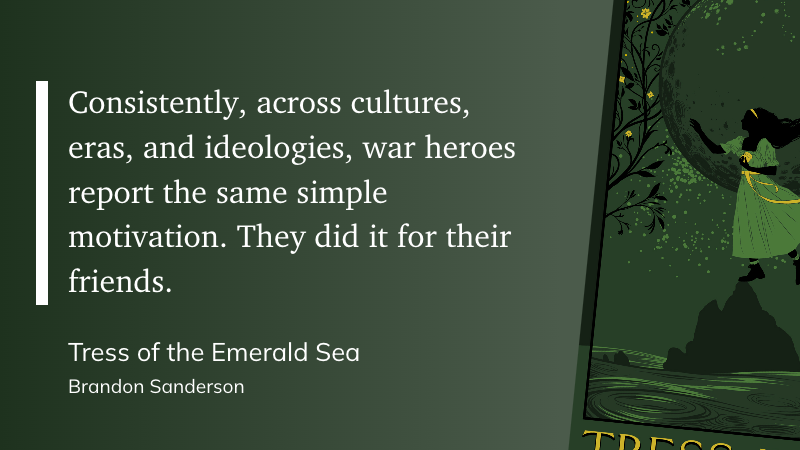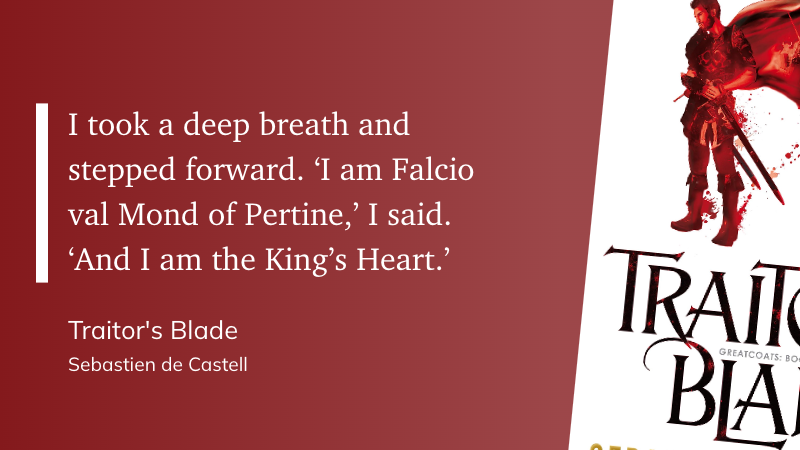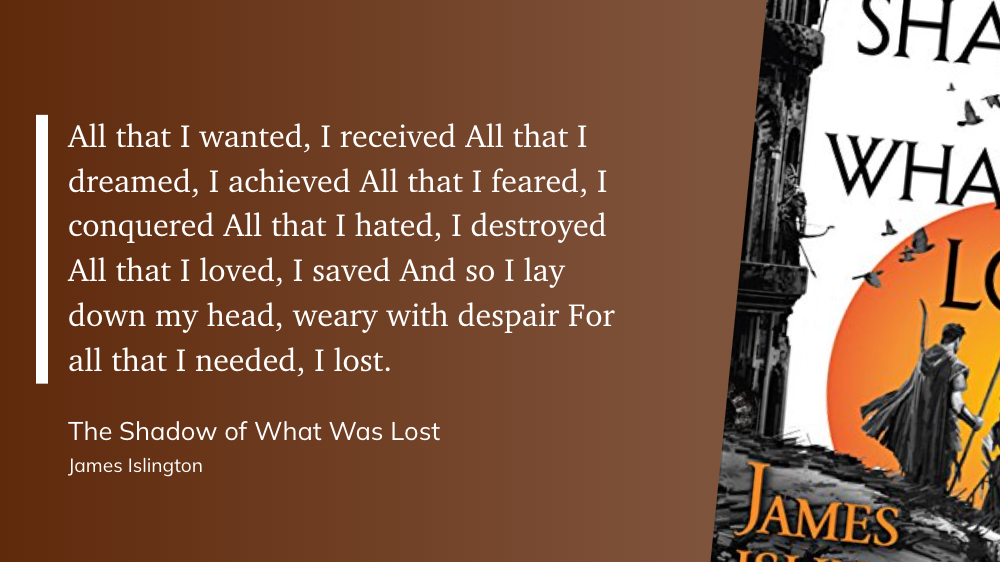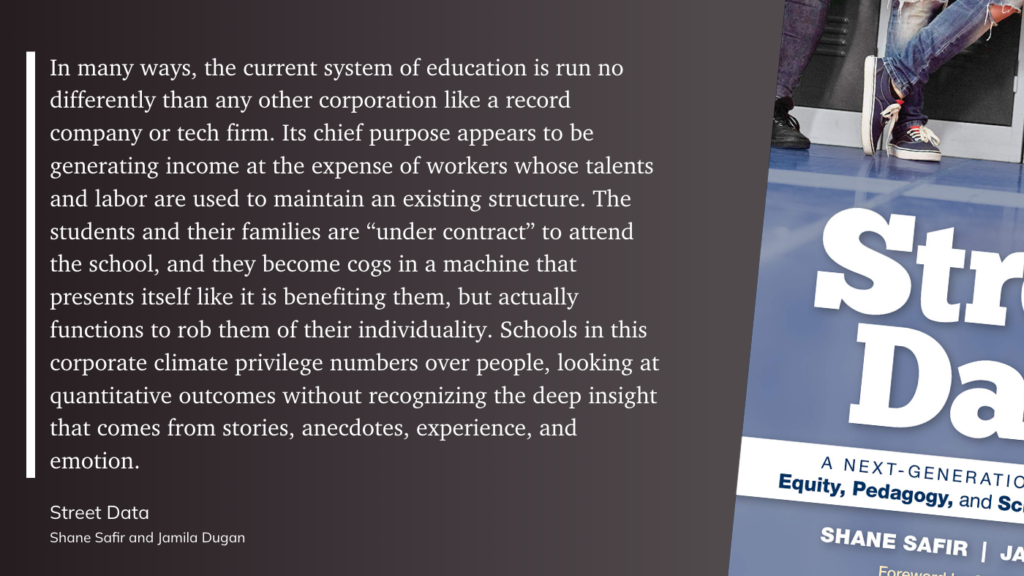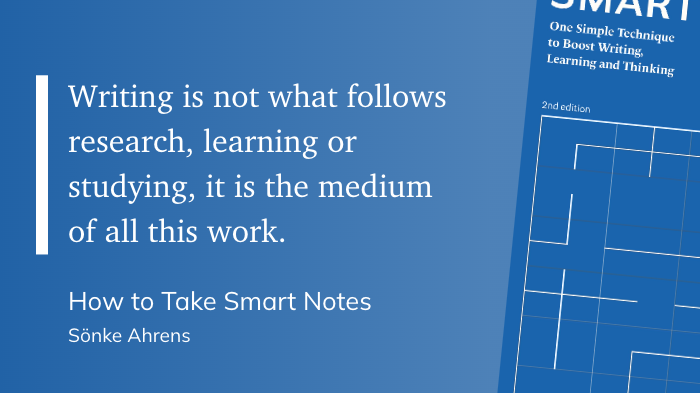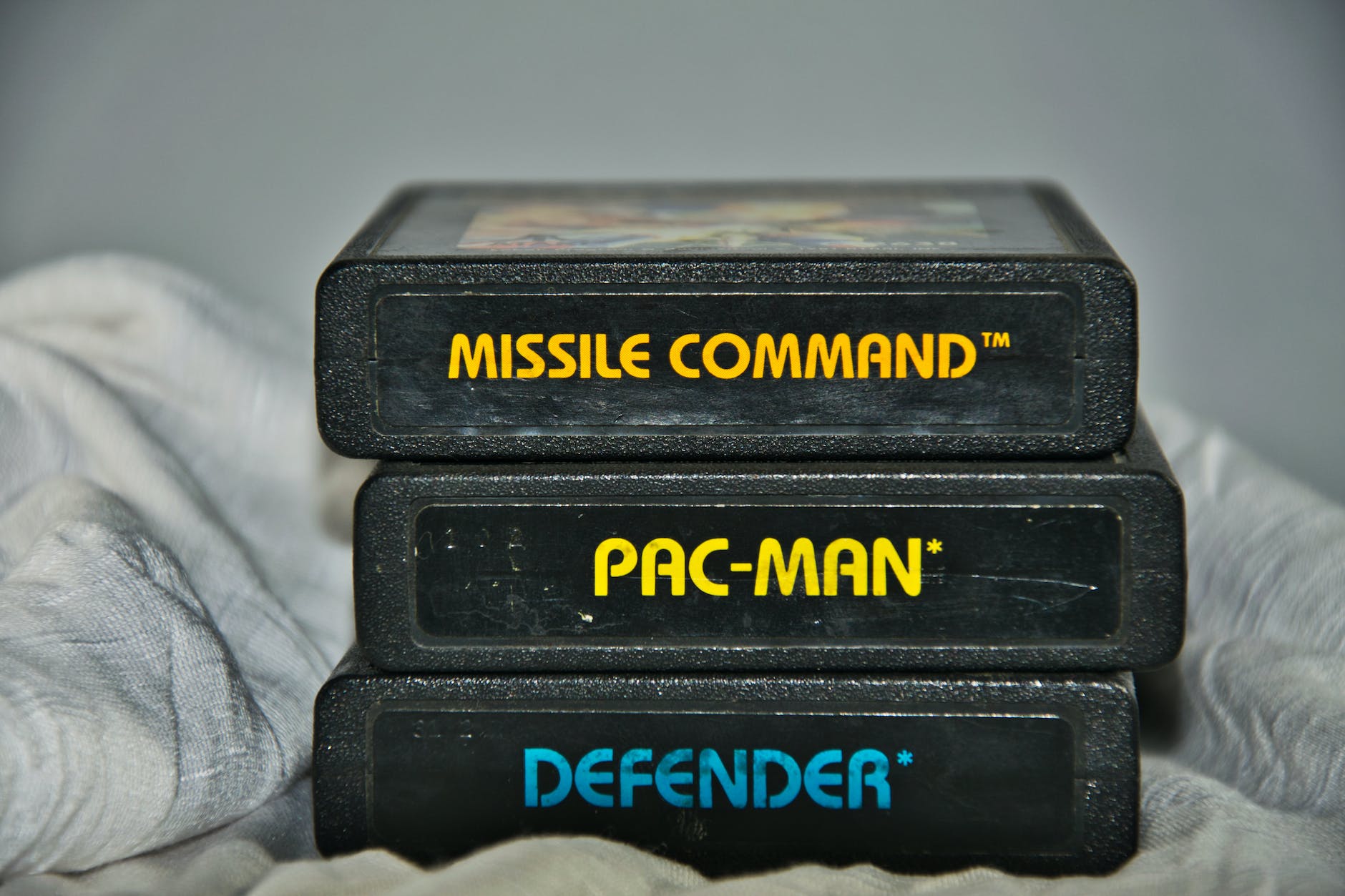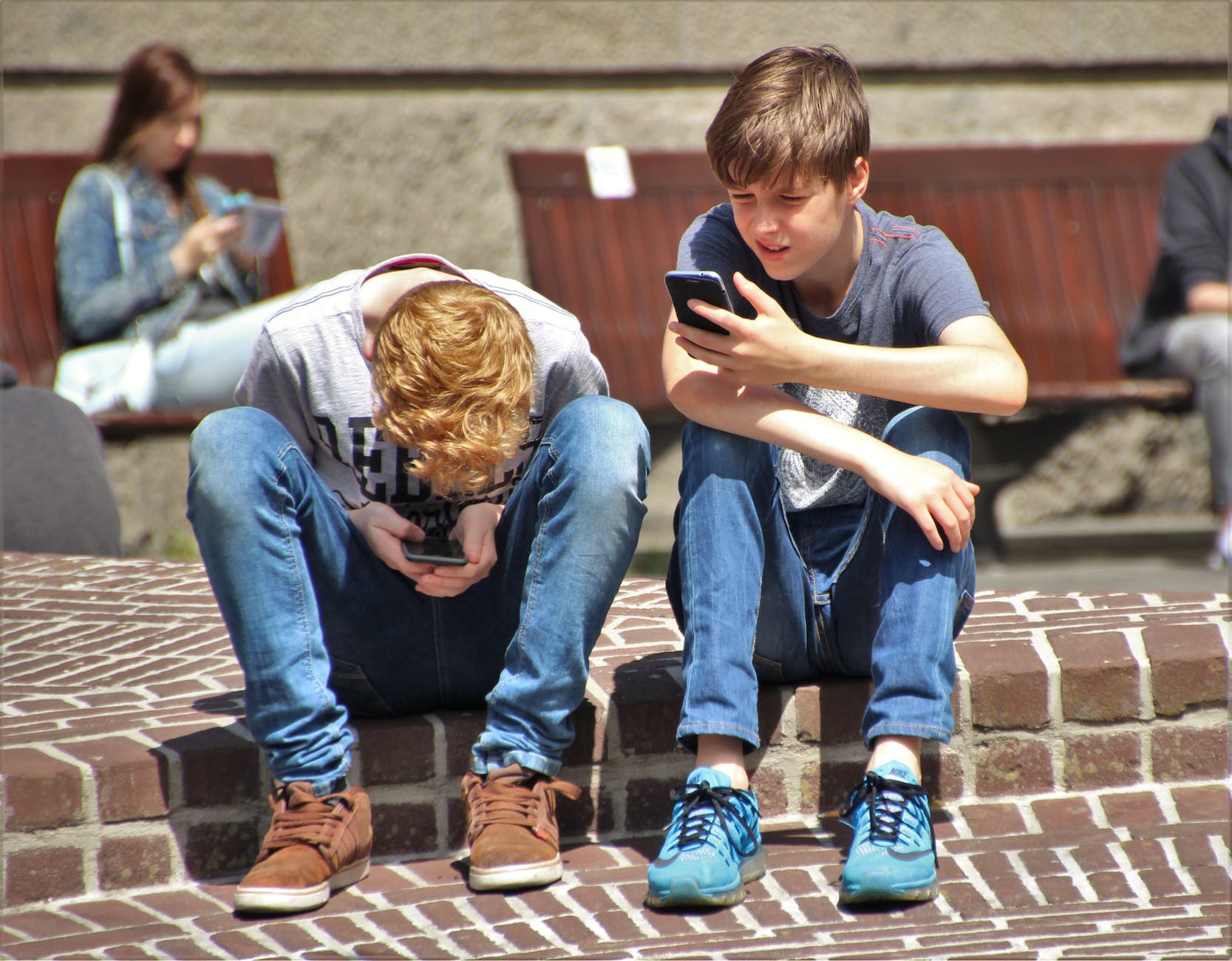
Last week’s newsletter focused on the best books I read in 2023. This week, I’m taking a little different trip down the literary road…
The Eclectic Educator is a reader-supported publication. To receive new posts and support my work, consider becoming a free or paid subscriber.
First, let’s discuss the idea of an “antilibrary” and why it’s important.
An antilibrary, a collection of unread books, is seen as a valuable tool for intellectual growth. It’s a reminder of what you don’t know and a symbol of potential knowledge to acquire. It’s not a sign of intellectual failure but a testament to your curiosity and desire to learn more.
And so, to the dismay of my bookshelves and perhaps my wife, I keep buying books. I’ve tried to switch to only buying ebooks, but there is something about being surrounded by physical books; the reminder that no matter how I try, I’ll never be able to read them all or know them all.
That feeling is similar to the one I get each time I think about Carl Sagan’s Pale Blue Dot. As the earth hangs in a sunbeam, surrounded by the inky blackness of the infinite universe, so do I sit as a small speck of learning in an infinite ocean of knowledge when surrounded by books.
It’s humbling and puts the world in perspective if you let it. Surround yourself with books, even if you’ll never get to them all.
I try to read more books every year, but I’ll never get through them all. I embrace this incredibly Sisyphean task, mostly because I already have a backlog of nearly 3,000 books on my list and because those silly publishers keep putting out new books.
Yet, I persevere.
There are a number of great books published in 2023 that I’d like to get to but haven’t yet—one of them is staring at me now as I write this piece. Here are some of the best books from 2023 I haven’t read (yet), but they’re now in my ever-expanding to-be-read (TBR) list:
James McBride, The Heaven & Earth Grocery Store
This novel by James McBride tells a story rooted in family, faith, and the search for understanding. It explores the lives of diverse characters whose paths intersect at a small grocery store, revealing the complexities of human experience through lyrical prose and deep emotional resonance.
David Grann, The Wager
David Grann’s “The Wager” is a gripping tale of adventure and survival. It recounts the harrowing story of shipwrecked sailors in the 18th century, who make a desperate bet for survival. The book is a thrilling blend of history and narrative, showcasing Grann’s talent for uncovering forgotten stories.
R.F. Kuang, Yellowface
“Yellowface” by R.F. Kuang delves into the controversial topic of cultural appropriation in the literary world. It’s a provocative exploration of identity, authorship, and the blurry line between homage and theft, framed within an engaging and thought-provoking narrative.
Matthew Desmond, Poverty, By America
In “Poverty, By America,” Matthew Desmond offers a groundbreaking examination of poverty in the United States. The book challenges conventional views, revealing how systemic forces and policies contribute to economic hardship and argues for fundamental changes to address this persistent issue.
Lauren Groff, The Vaster Wilds
Lauren Groff’s “The Vaster Wilds” is a beautifully written novel that transports readers into a world of nature and mystery. Set in an enigmatic wilderness, it weaves a tale of self-discovery and connection to the natural world, marked by Groff’s signature lyrical style and deep, reflective storytelling.
Timothy Egan, A Fever in the Heartland: The Ku Klux Klan’s Plot to Take Over America, and the Woman Who Stopped Them
Timothy Egan’s “A Fever in the Heartland” is a gripping historical account of the Ku Klux Klan’s insidious attempt to infiltrate American society in the early 20th century. The book also highlights the courageous efforts of those who fought against the Klan, focusing on the pivotal role of one woman.
Michael Finkel, The Art Thief: A True Story of Love, Crime, and a Dangerous Obsession
In “The Art Thief,” Michael Finkel narrates a riveting true story of an infamous art heist. The book blends elements of romance, crime, and suspense, offering an inside look into the high-stakes world of art theft and the obsessive love that drives it, all set against a backdrop of international intrigue.
Benjamin Labatut, The MANIAC
Benjamin Labatut’s “The MANIAC” is a dark and compelling narrative exploring the mind of a genius on the brink of madness. This novel blends historical facts with fiction, delving deep into the psyche of a brilliant but troubled character, set against a backdrop of scientific discovery and moral ambiguity.
Salman Rushdie, Victory City
“Victory City” by Salman Rushdie is an epic tale spanning centuries, centered around a mystical city that rises and falls through the ages. Rushdie’s storytelling weaves together history, mythology, and magic, creating a vivid tapestry of human triumphs and tragedies, resilience, and the power of imagination.
Jonathan Eig, King: A Life
Jonathan Eig’s “King: A Life” is a comprehensive and insightful biography of one of the most iconic figures in American history. The book delves into the complexities of his life, exploring his achievements, challenges, and enduring impact on civil rights and social justice, painted with meticulous research.
Alright, there’s the list, although it’s quite incomplete. Hundreds of great books came out in 2023, and it’s our job to go out there, find them, read them, and share them with the world.
Maybe you’ll start building your own antilibrary in 2024. If so, I’d love to hear about it.
See you next year!
The Eclectic Educator is a free resource for all who are passionate about education and creativity. If you enjoy the content and want to support the newsletter, consider becoming a paid subscriber. Your support helps keep the insights and inspiration coming!

